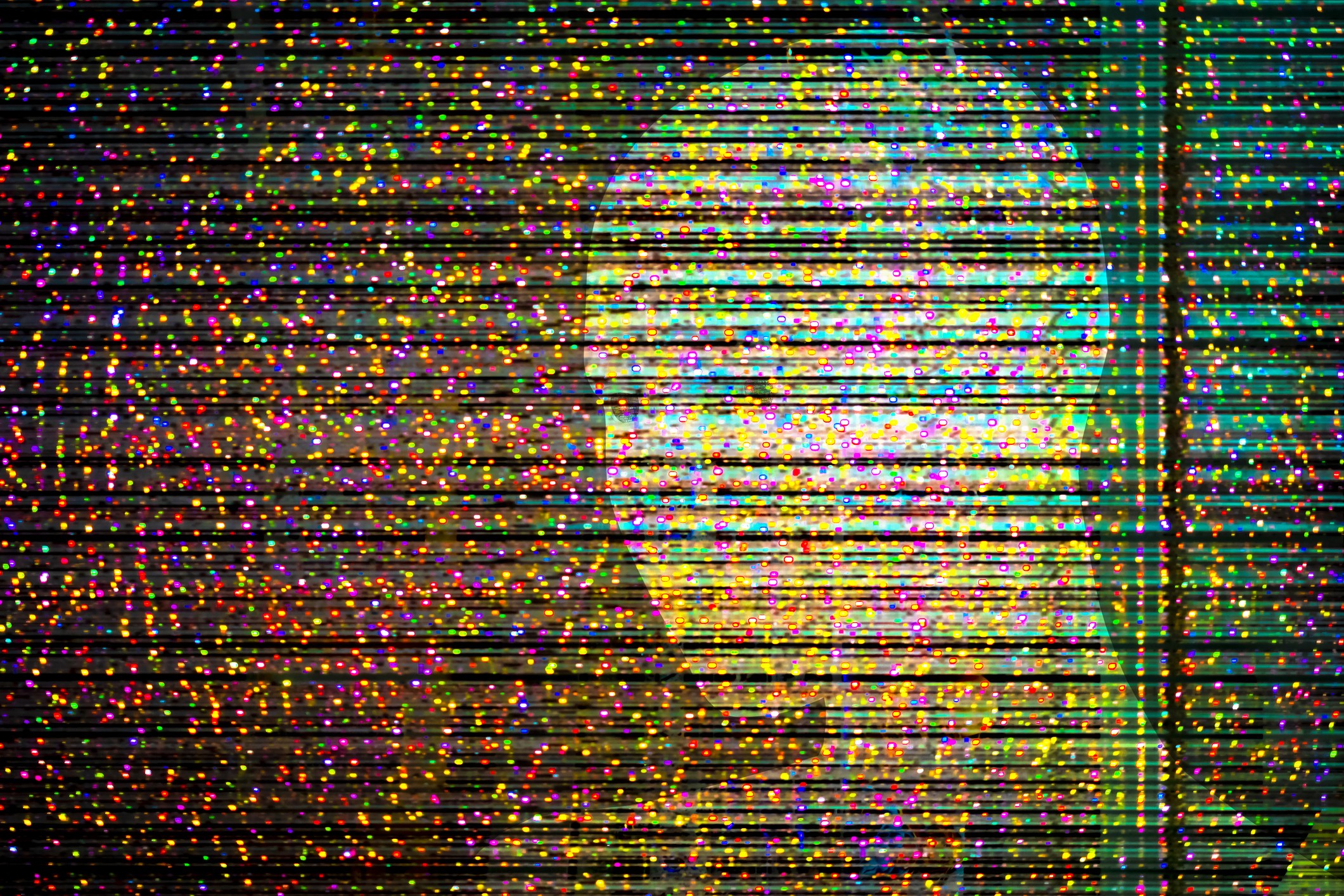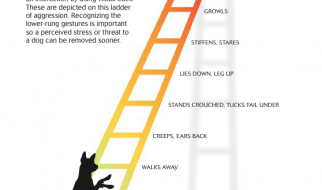PimEyes markets its service as a tool to protect privacy and the misuse of images
 Photo: 4X-image/Getty Images
Photo: 4X-image/Getty Images
Ever wondered where you appear on the internet? Now, a facial recognition website claims you can upload a picture of anyone and the site will find that same person?s images all around the internet.
PimEyes, a Polish facial recognition website, is a free tool that allows anyone to upload a photo of a person?s face and find more images of that person from publicly accessible websites like Tumblr, YouTube, WordPress blogs, and news outlets.
In essence, it?s not so different from the service provided by Clearview AI, which is currently being used by police and law enforcement agencies around the world. PimEyes? facial recognition engine doesn?t seem as powerful as Clearview AI?s app is supposed to be. And unlike Clearview AI, it does not scrape most social media sites.
PimEyes markets its service as a tool to protect privacy and the misuse of images. But there?s no guarantee that someone will upload their own face, making it equally powerful for anyone trying to stalk someone else. The company did not respond to a request for comment.
PimEyes monetizes facial recognition by charging for a premium tier, which allows users to see which websites are hosting images of their faces and gives them the ability to set alerts for when new images are uploaded. The PimEyes premium tiers also allow up to 25 saved alerts, meaning one person could be alerted to newly uploaded images of up to 25 people across the internet. PimEyes has also opened up its service for developers to search its database, with pricing for up to 100 million searches per month.
Facial recognition search sites are rare but not new. In 2016, Russian tech company NtechLab launched FindFace, which offered similar search functionality, until shutting it down in a pivot to state surveillance. Founders described it as a way to find women a person wanted to date.
?You could just upload a photo of a movie star you like, or your ex, and then find 10 girls who look similar to her and send them messages,? cofounder Alexander Kabakov told The Guardian.
The PimEyes premium tiers also allow up to 25 saved alerts, meaning one person could be alerted to newly uploaded images of up to 25 people across the internet.
While Google?s reverse image search also has some capability to find similar faces, it doesn?t use specific facial recognition technology, the company told OneZero earlier this year.
?Search term suggestions rely on aggregate metadata associated with images on the web that are similar to the same composition, background, and non-biometric attributes of a particular image,? a company spokesperson wrote in February. If you upload a photo of yourself with a blank background, for example, Google may surface similarly composed portraits of other people who look nothing like you.
PimEyes also writes on its website that it has special contracts available for law enforcement that can search ?darknet websites,? and its algorithms are also built into at least one other company?s application. PimEyes works with Paliscope, software aimed at law enforcement investigators, to provide facial recognition inside documents and videos. Paliscope says it has recently partnered with 4theOne Foundation, which seeks to find and recover trafficked children.
There are still many open questions about PimEyes, like exactly how it obtains data on people?s faces, its contracts with law enforcement, and the accuracy of its algorithms.
PimEyes markets itself as a solution for customers worried about where their photos appear online. The company suggests contacting websites where images are hosted and asking them to remove images. But because anyone can search for anyone, services like PimEyes may generate more privacy issues than they solve.


